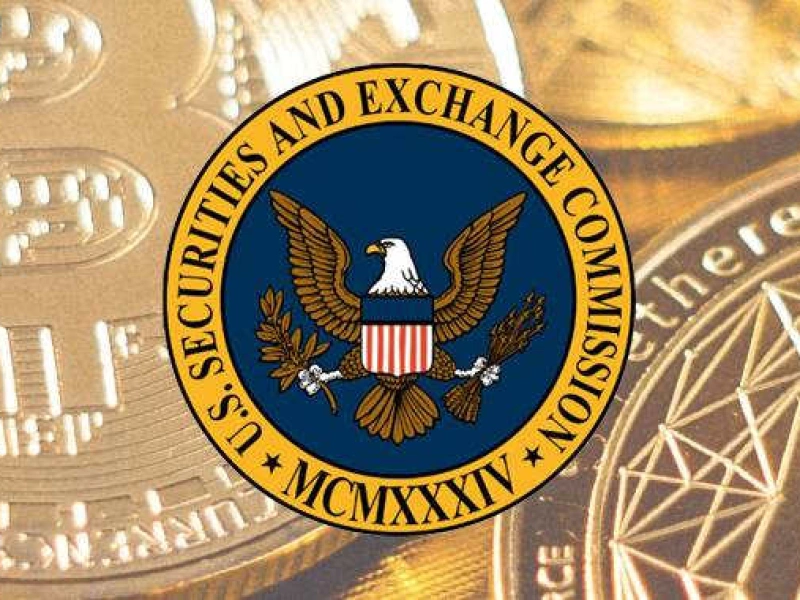SEC decides to file new lawsuits against cryptocurrency exchanges and DeFi services
The U.S. Securities and Exchange Commission (SEC) is planning to initiate new legal actions against cryptocurrency exchanges and decentralized finance (DeFi) projects.
This move comes as the primary regulatory body in the United States intensifies its scrutiny of the cryptocurrency industry.
According to David Hirsch, the head of the crypto-assets and cyber technologies division at the SEC, the regulator is preparing to file fresh lawsuits against various cryptocurrency-related companies. These lawsuits could target cryptocurrency brokers, dealers, exchanges, and other entities that have not complied with proper regulatory requirements, such as providing accurate information or registering with the SEC.
Hirsch revealed this information during a panel discussion in Chicago, emphasizing that the SEC is actively investigating companies engaged in activities similar to those that led to lawsuits against major crypto exchanges like Binance and Coinbase in June.
Additionally, Hirsch indicated that the SEC's legal actions might extend to DeFi projects, stating, "We will continue to investigate and take action in this area, and the term 'DeFi' will not exempt these projects from regulatory scrutiny."
In June, the SEC had already filed charges against both Binance and Coinbase, which are among the largest cryptocurrency exchanges globally. The SEC also took legal action against the U.S.-based crypto exchange Gemini earlier in the year, particularly regarding its Earn program, which allowed users to earn interest by lending their tokens.
The SEC further imposed a $30 million fine on the Kraken exchange, equating its staking service to the sale of unregistered securities. Moreover, the agency banned Paxos from issuing the BUSD token, which was previously considered the official stablecoin of the Binance exchange and ranked second in terms of market capitalization only to Tether's USDT and Circle's USDC. In late August, the SEC also charged BUSD with illegally selling non-fungible tokens (NFTs).
- Toncoin enters top 10 cryptocurrencies after Telegram wallet integration
- Blogger arrested in Hong Kong for promoting crypto exchange without a license
- Restrictions for miners and Telegram cryptocurrency wallet. Main events of the week
- Russian Vinnik's trial was postponed in the U.S. to September 2024
- SEC chief to address Senate on cryptocurrency regulation
- Cryptocurrency exchange Coinbase launches Web3 wallet







